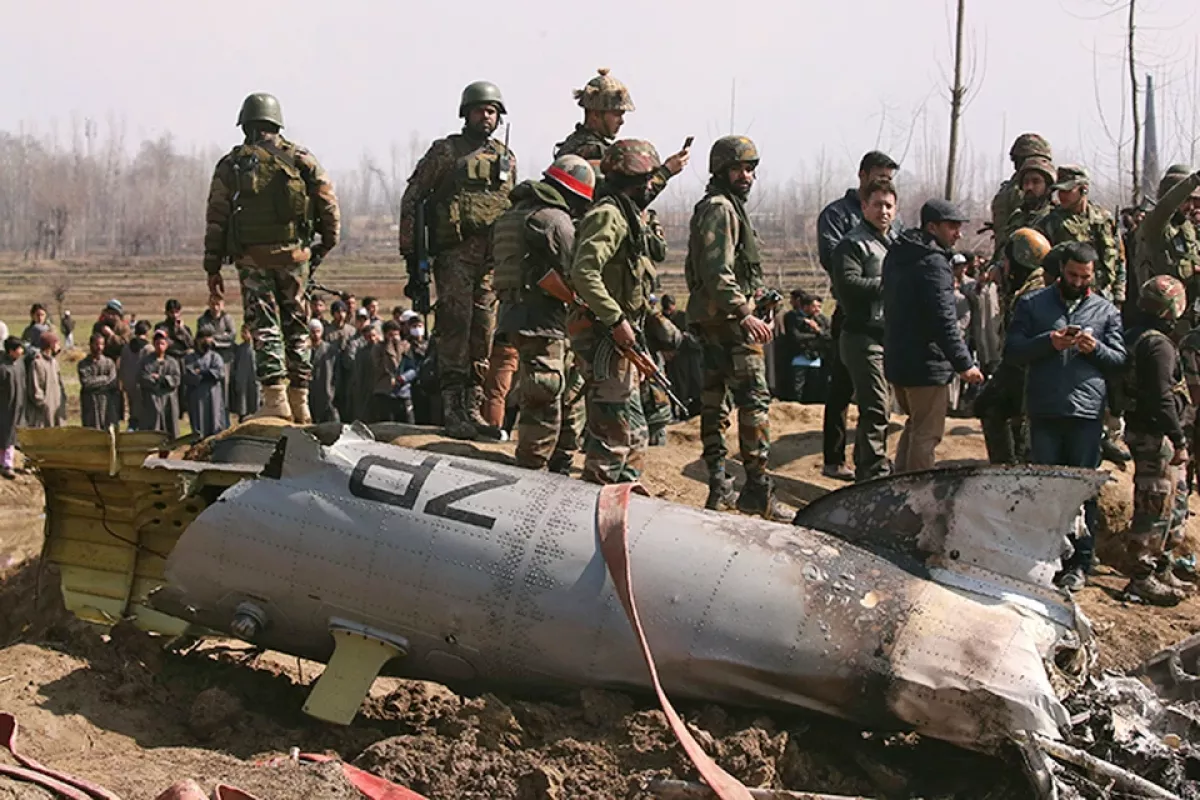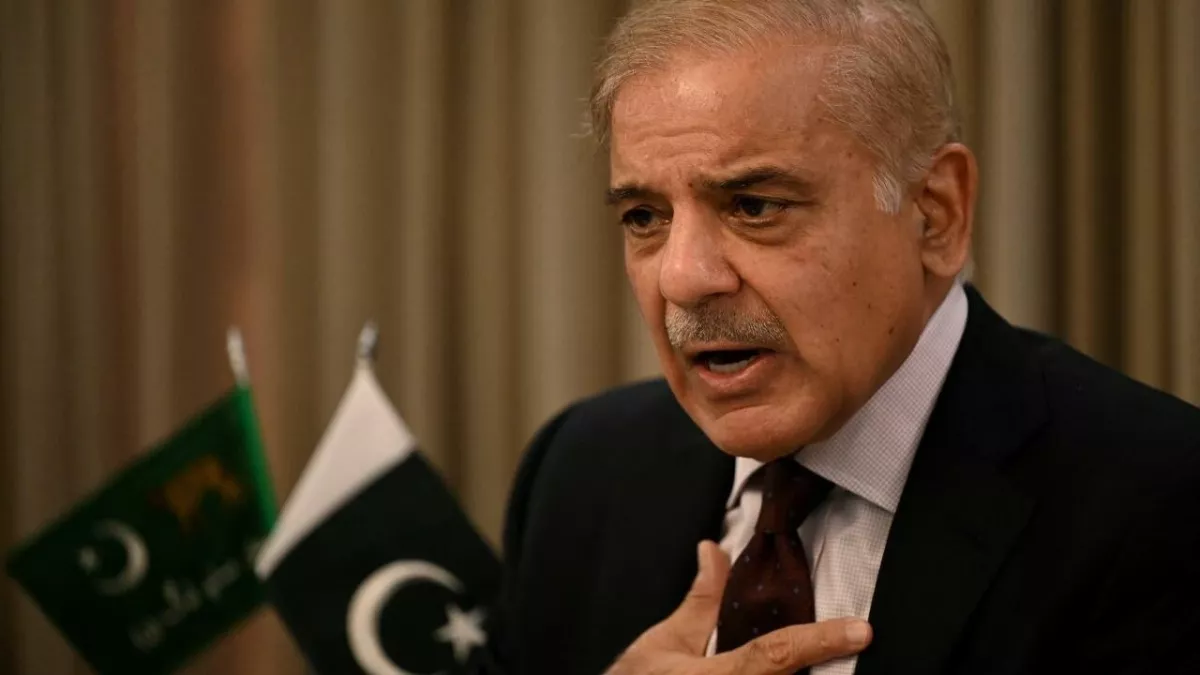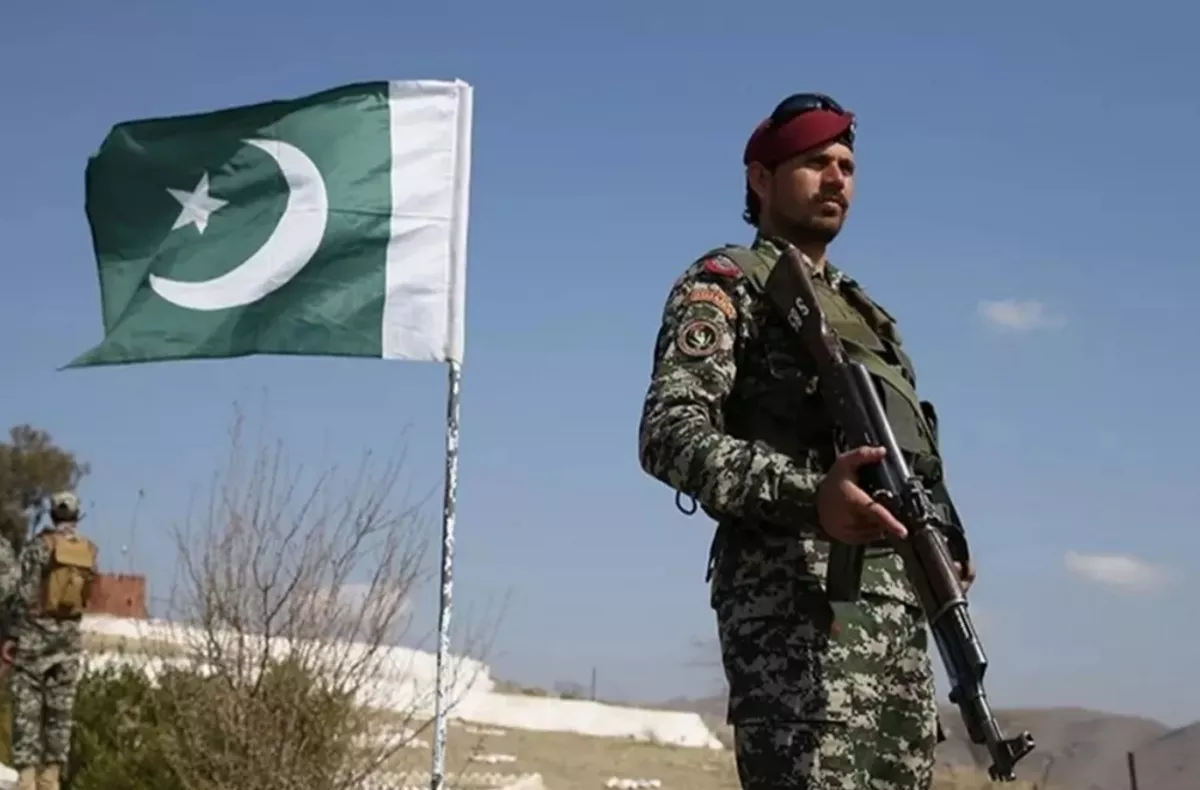India escalates crisis with airstrikes on Pakistan’s undisputed territory Bombs instead of evidence
A new escalation between India and Pakistan began with a tragic incident in Pahalgam — on the Indian-administered side of Jammu and Kashmir. An attack on tourists, which resulted in 26 deaths, became the pretext for another round of accusations from New Delhi against Islamabad. However, Pakistan firmly rejected all allegations, stressing their baseless nature and instead proposed an international, independent investigation. India, however, declined this offer, choosing confrontation over dialogue.
It is worth emphasising that New Delhi has not presented a single piece of compelling evidence linking Pakistan to the incident. Moreover, Islamabad has repeatedly reaffirmed its commitment to fighting terrorism and pointed out that it is itself a victim of terrorist attacks, many of which, according to Pakistani intelligence, have direct ties to Indian intelligence services.
Pakistan is particularly outraged by India’s attempt to use the terrorism narrative as a cover for systemic human rights violations in Jammu and Kashmir. Today, more than 700,000 Indian troops are stationed in this occupied region, making it one of the most militarised zones in the world. The routine suppression of civilian protests, arbitrary detentions, the humiliation of women, and violence against children have become part of daily life. India’s accusations against Pakistan are essentially an effort to divert attention from the legitimate struggle of the Kashmiri people for self-determination.
An unprecedented strike: Bombing undisputed territory
Last night, India moved from words to action. The Indian Air Force carried out a series of airstrikes on several targets inside Pakistan. Among them were cities in Punjab Province — a region whose status has never been in dispute since the partition of British India in 1947. This marks the first time in 54 years that Indian forces have deliberately attacked a part of Pakistan that is not contested. The last such instance occurred in 1971, during the Indo-Pakistani war that led to the creation of Bangladesh.

New Delhi was quick to cynically justify the strikes, claiming they targeted so-called “terrorist camps.” However, Pakistani authorities report the deaths of seven people (eight, according to some sources), including two children, and have condemned India’s actions as a blatant violation of sovereignty. In Pakistan, the strikes are being described as an act of war, especially given that India used munitions with characteristics resembling weapons of mass destruction, resulting in civilian casualties. Pakistan’s Ministry of Foreign Affairs also stated that the attack endangered civil aviation in the region.
Islamabad’s response: Restraint, but resolve
Pakistani Prime Minister Shehbaz Sharif vowed that Islamabad would respond to India. “The treacherous enemy has launched a cowardly attack on five locations within Pakistan. This heinous act of aggression will not go unpunished. Pakistan reserves the absolute right to respond decisively to this unprovoked Indian attack — a resolute response is already underway. The entire nation stands united behind its armed forces, and our morale and resolve remain unshaken. Our thoughts and prayers are with the brave officers and soldiers of Pakistan. The people of Pakistan and its forces are fully prepared to confront and defeat any threat with our strength and determination. The enemy will never be allowed to achieve its malicious aims,” the Prime Minister declared.

In retaliation for the provocations, the Pakistani Armed Forces carried out precision strikes on several Indian positions near the Line of Control in Kashmir. According to Geo TV, a brigade headquarters of the Indian Army and one military outpost were destroyed. Additionally, overnight on May 7, the spokesperson for the Pakistan Army announced that Pakistan had shot down five Indian combat aircraft — including three French-made Rafale fighter jets and two Soviet-Russian aircraft, a Su-30MKI and a MiG-29. So far, there has been no confirmation or denial from the Indian side.

Particularly disturbing was the Indian Air Force strike on a religious seminary (madrasa) in Bahawalpur, which left at least 20 people injured. In response, a state of emergency has been declared in all hospitals across the city.
In a statement, Pakistan’s Ministry of Foreign Affairs reminded the international community of the country's right to self-defence under Article 51 of the UN Charter, stressing that Islamabad reserves the right to respond “at any time and in any place.”
Region on the brink: International reactions
UN Secretary-General António Guterres called for an immediate de-escalation, warning, “The world cannot afford a military confrontation between India and Pakistan.”
U.S. President Donald Trump described the situation as “a shame,” signalling a growing awareness in Washington of the dangers posed by New Delhi’s current course of action.
In Islamabad, an emergency meeting of the National Security Committee was convened this morning to discuss further steps — both military and diplomatic.
Geopolitical consequences: What lies behind India’s attack
India’s actions should not be viewed as a spontaneous episode, but rather as part of a deliberate strategy. New Delhi is seeking to cast itself as a "victim" in order to legitimise its actions in the eyes of the West — despite ongoing human rights abuses in Kashmir and flagrant violations of international law.
The strike on Punjab is a calculated attempt to shift the boundaries of what is permissible, to test how far India can go while the international community responds with little more than statements of “deep concern.”

In contrast, Pakistan is demonstrating restraint — but is making it unequivocally clear that its sovereignty is non-negotiable, and any further transgression will be met with a firm and decisive response.
What occurred last night is not a localised incident. It is a direct challenge to the regional balance in South Asia — an attempt by India to rewrite the rules of engagement through force, cloaked in the language of “counter-terrorism.” But that narrative no longer holds.
If the international community fails to respond appropriately, the situation risks escalating into a full-scale conflict with catastrophic consequences for the entire Eurasian region.
Rivers know no borders. But war does. And the responsibility for igniting it will fall on the one who first tore off the mask of “victimhood” and turned it into a pretext for aggression.








